The UN child rights committee said it had received “credible information” that 75 children had been killed and around 1,000 arrested in Myanmar since February 1.
“Children in Myanmar are under siege and facing catastrophic loss of life because of the military coup,” committee chair Mikiko Otani said in a statement.
The country has experienced mass protests and a brutal military response since the coup which ousted civilian leader Aung San Suu Kyi.
“Children are exposed to indiscriminate violence, random shootings and arbitrary arrests every day,” Otani said.
“They have guns pointed at them, and see the same happen to their parents and siblings.”
The committee is made up of 18 independent experts who are tasked with monitoring the implementation of the Convention on the Rights of the Child, which Myanmar signed onto in 1991.
The experts said they “strongly condemned the killing of children by the junta and police”, pointing out that “some victims were killed in their own homes”.
They included a six-year old girl in the city of Mandalay, shot in the stomach by police, the statement said.
The experts also slammed the widespread arbitrary detention of children in police stations, prisons and military detention centres.
They pointed to the military authorities reported practice of taking children hostage when they are unable to arrest their parents, including a five-year-old girl in Mandalay region whose father helped organise anti-junta
protests.
The experts also voiced deep concern at the major disruptions in essential medical care and school education across the country.
Access to safe drinking water and food for children in rural areas had also been disrupted, they said.
They pointed out that the UN rights office had received credible reports that security forces were occupying hospitals, schools and religious institutions in the country, which were subsequently damaged in military
actions.
They highlighted numbers from the UN children’s agency UNICEF indicating that one million children across Myanmar were missing out on key vaccines, while over 40,000 children were no longer receiving the treatment they need for severe acute malnutrition.
“If this crisis continues, an entire generation of children is at risk of suffering profound physical, psychological, emotional, educational and economic consequences, depriving them of a healthy and productive future,” Otani warned.


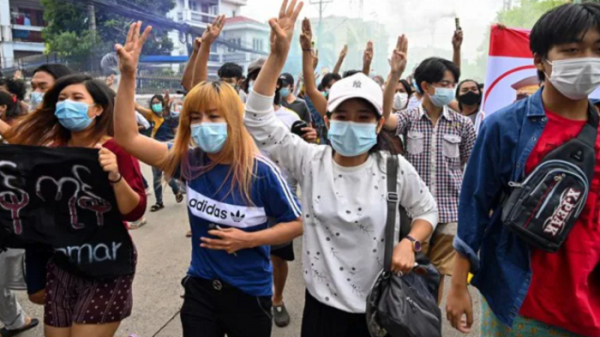


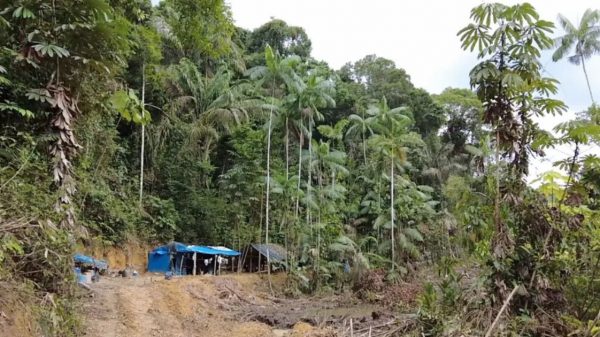



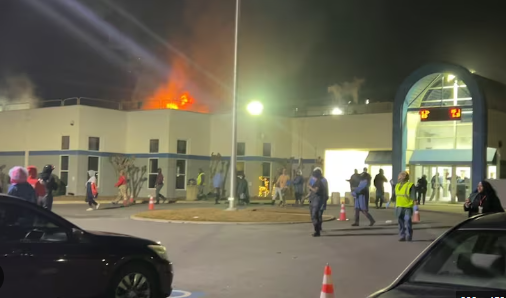
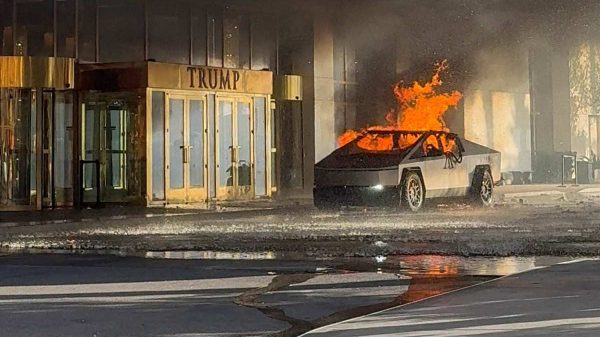
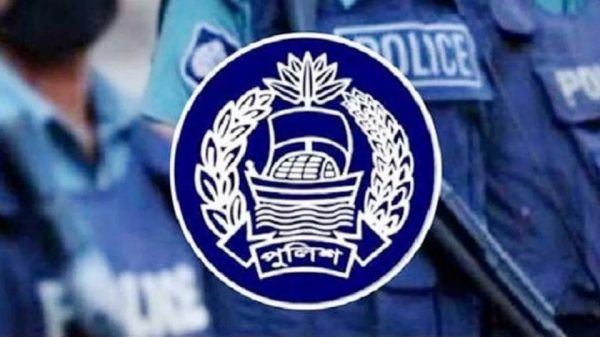
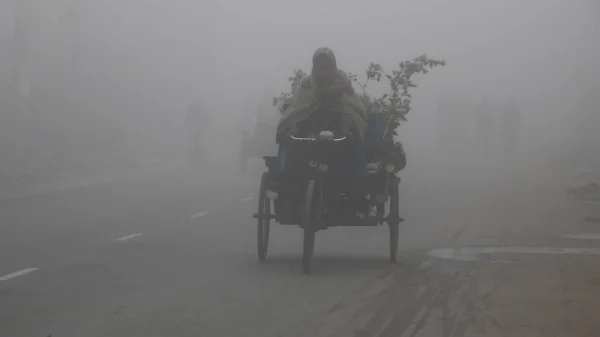
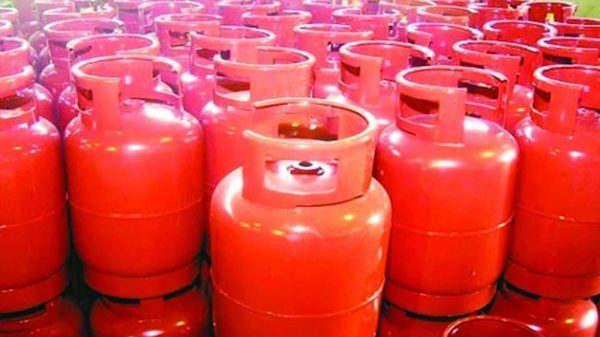
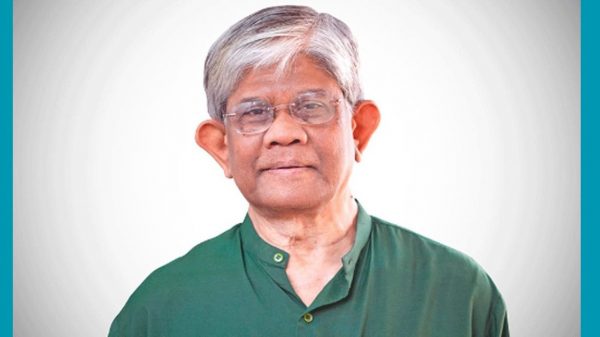
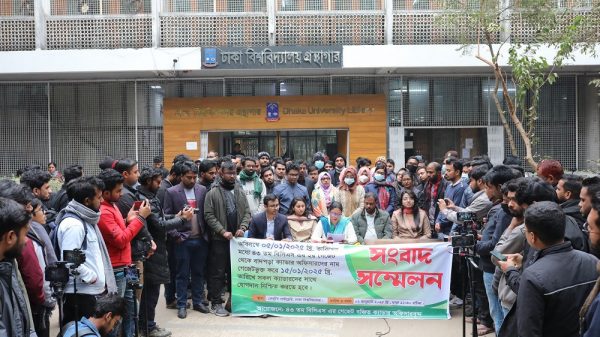

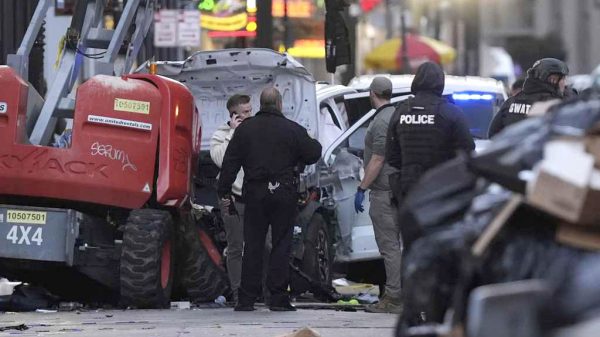












Leave a Reply